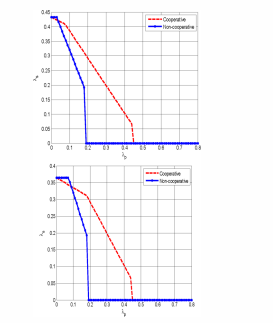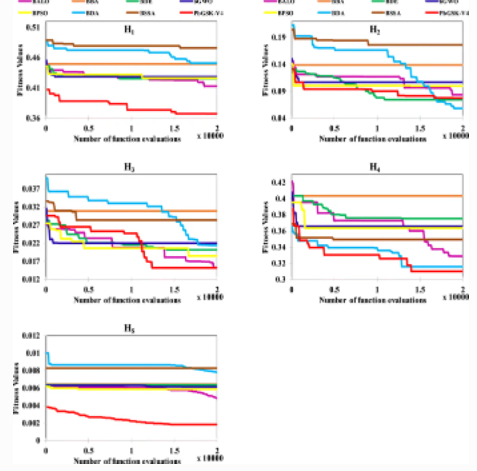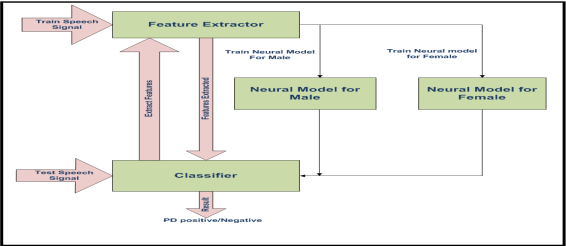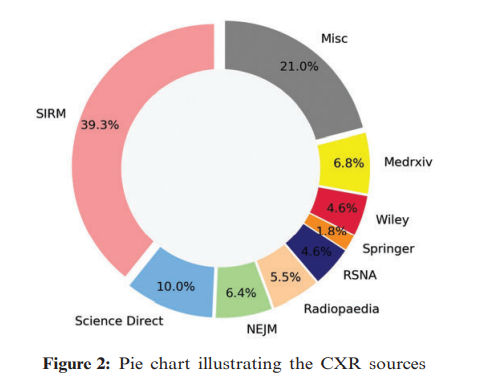
Stability analysis for multi-user cooperative cognitive radio network with energy harvesting
This paper deals with stability analysis for cognitive cooperative system composed of one primary user and many secondary users with energy harvesting imposed at both primary and secondary users. Secondary users are grouped in a cluster with a cluster supervision block (CSB) controller which controls and synchronizes all the activities of the SU cluster. The secondary user cluster is equipped with a common relay queue for collaboration with the PU. Multiple SUs cooperate with one PU for its data transmission, getting mutual benefits for both users, such that, the PU exploits SUs' power and diversity provided by the multi-SU cluster to relay a fraction of its undelivered packets, and the SUs get more chances to access idle time slots. We investigate the maximum stable throughput of this system taking into account the effect of energy harvesting rates on the system performance. In such a scenario, the service rate of SUs' queues depends on whether the PU's queue is empty or not. To overcome the interaction between PU and SUs' queues, a dominant system approach is used to obtain an inner bound on the stable throughput region. Results reveal that, the non-cooperative system outperforms the cooperative system at low PU arrival rates with a small SU cluster size, while the cooperation benefits appear at higher PU arrival rates. For larger SU cluster size and higher SUs' energy harvesting rates, the cooperative system is the prevalent. © 2016 IEEE.



